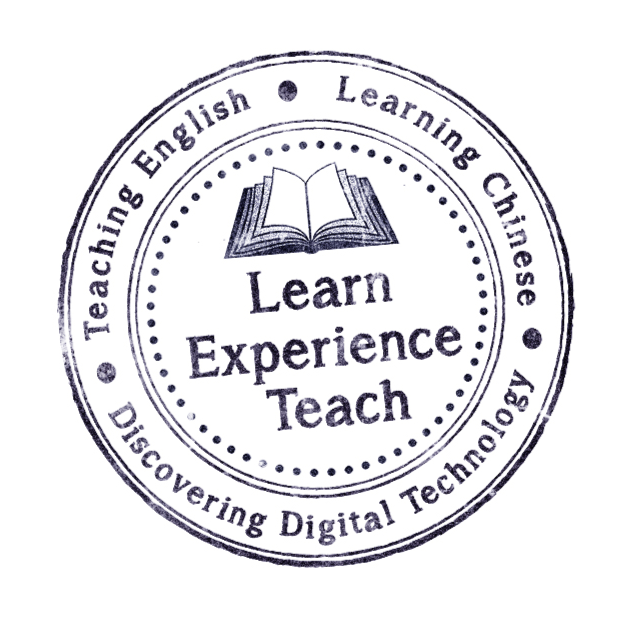I would say that psychology plays a large part in my practice as a language teacher. The main actions I take that are directly related to psychology are that of building trust and confidence, which leads to increased motivation in language learning.
Building Trust
I think it’s very important to have a good relationship with students. I almost want to say that without the foundation of trust, without a basic relationship, no learning can take place. Of course, this is not true. You don’t have to like me in order to hear and understand what I have to say. Although, I do believe this, ‘not liking me’, may slow down learning. Conversely, then, I believe that getting on well with my students can speed up learning, and, more crucially, in this way, learning may be more profound.
But does this mean that a teacher should be ‘best friends’ with their students? Not exactly. I think it depends on how each student prefers to learn – is it by identifying with you as a ‘teacher’ or identifying with you as a ‘friend’? That aside, a vital ingredient in the recipe of building trust is the sharing of personal information. I don’t mean secrets. Or crimes you’ve committed! I don’t mean everything. I just mean I talk about what I really did on the weekend, the things I actually like to do, the things I really dislike. Being an avid reader of the news, I give my opinions on a range topics all the time. The hope is, in exchange, the students will open and up and throw into the ring their personal interests and views on topics. This has been a little difficult at times with young learners in China, who, what with the pressures of copious amounts of homework and regular testing, actually have little time for hobbies, and therefore do not have many opinions to share on them. Additionally, there is a cultural layer that restricts some students from speaking up, and sharing their view, should that not be an opinion shared with group. But despite this, I think that with time, trust can be built. And once that is in place, the learning comes naturally. Natural, being the key word that is invoked in my mind, when thinking about the learning process.
Building Confidence
Trust and confidence go hand in hand. I share with you, you share with me. AND whatever you say is OK. You will not be judged. You will not be kicked out of the class (unless you contribute something highly offensive). Most views are welcome if they are supported with examples and good reasoning. In this way I try to create a comfortable and inviting atmosphere where, ‘what happens in the classroom, stays in the classroom’. So taking risks is an integral part of my lessons. I try to encourage experimentation. If my students never try to produce output, in the form of speaking or writing, I will never know if the input I provide is useful/comprehensible. No risk, no reward, no improvement. And I have found that most students (as with myself) are most confident when conversing about something they are interested in and/or good at. So the most successful lessons, the lessons when students have the most confidence, are those that are most meaningful to them. For me, some of the most successful lessons have been about Lady Gaga and Justin Bieber. Yes, the students could tell you that they had a great time learning facts and figures about their favourite stars. What they didn’t realise was that they also revised the past regular and irregular, personality adjectives, constructions for giving opinions etc. The learning was embedded: implicit, not explicit.
Increased Motivation
Engaging students with meaningful tasks, therefore, based on authentic content, combined with embedded strategies to build trust and confidence, seems to increase motivation. And once the students are committed and involved, curious and wanting to know more, the entire learning process becomes so much easier and enjoyable for everyone involved. So by inviting students to share information about themselves, by encouraging risk-taking and basing lessons on topics that are relevant and of interest to them, helps to reduce the affective filter (lower anxiety) and establishes an ideal ‘psychological’ environment for progressive learning.


